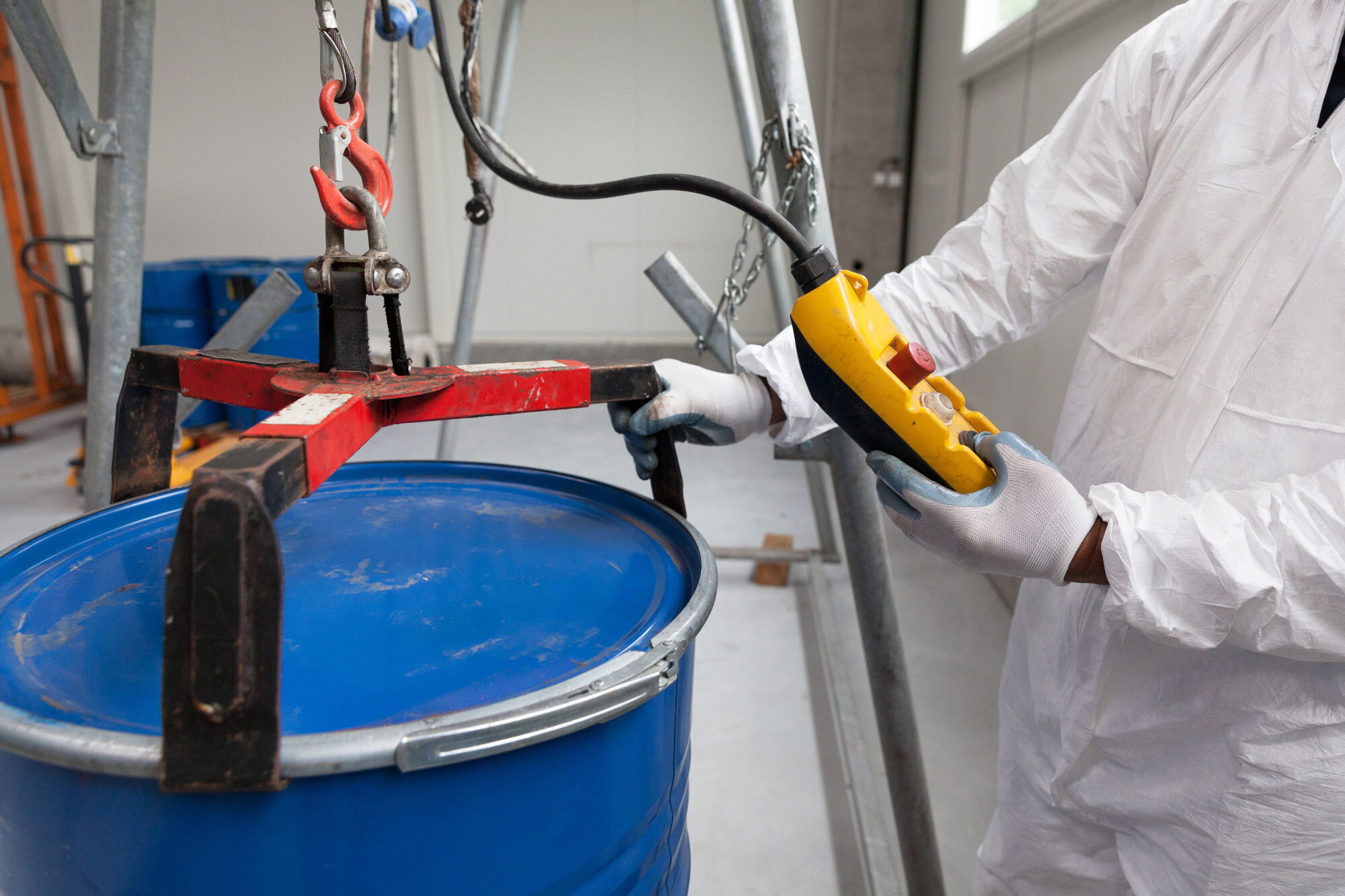The Importance of Hazardous Waste Management

Hazardous waste (HW) is waste that has a high risk of being toxic and having a harmful effect on human health. It can be in the form of flammable liquids or gases, a gas that can cause severe burns, or a solid that can be infectious, corrosive, or radioactive. For these reasons, proper management of retail waste is important. However, there are several factors to consider in the management of HW.
First, it is necessary to identify the hazardous waste to avoid creating problems. There are four categories of hazardous waste: listed wastes, characteristic or universal wastes, and unlisted wastes. Each of these categories contains a different set of risks, so it is vital to know how to handle them properly. The most common types of HW are paints, batteries, and aerosols. These chemicals may pose a health risk to people, so proper management of HW is essential.
The proper disposal of hazardous waste can be difficult, but it is necessary to keep it out of the environment safe. Incorrectly disposed HW can contaminate the ground and surface waters. It can also lead to costly fines and litigation, and can even result in the shutdown of a business.
The disposal of hazardous waste is crucial for a number of reasons. The disposal of HW can contaminate groundwater and surface water. Additionally, it can lead to costly fines and lawsuits. In addition to the health hazards associated with HW, improper management of HW can lead to the destruction of your business.
There are several tools that allow you to map the location of hazardous waste. Using these tools, you can view additional information about the waste. It can also provide you with additional information about the chemical health of a community. The tools are available through the EHS Office website. The right type of retail waste management will protect the environment and the health of everyone in the area.
The site should be located in an area that is free of natural hazards.
For example, hurricanes can disrupt landfills and incinerators, which means that you should be careful about where your hazardous waste facilities are. The best places for these facilities are far away from rivers, lakes, and oceans, which can lead to accidents and spills. You can also choose a location that is close to a residential neighborhood or a densely populated area. Education is a never ending process, so continue reading here: https://simple.wikipedia.org/wiki/Toxic_waste.
